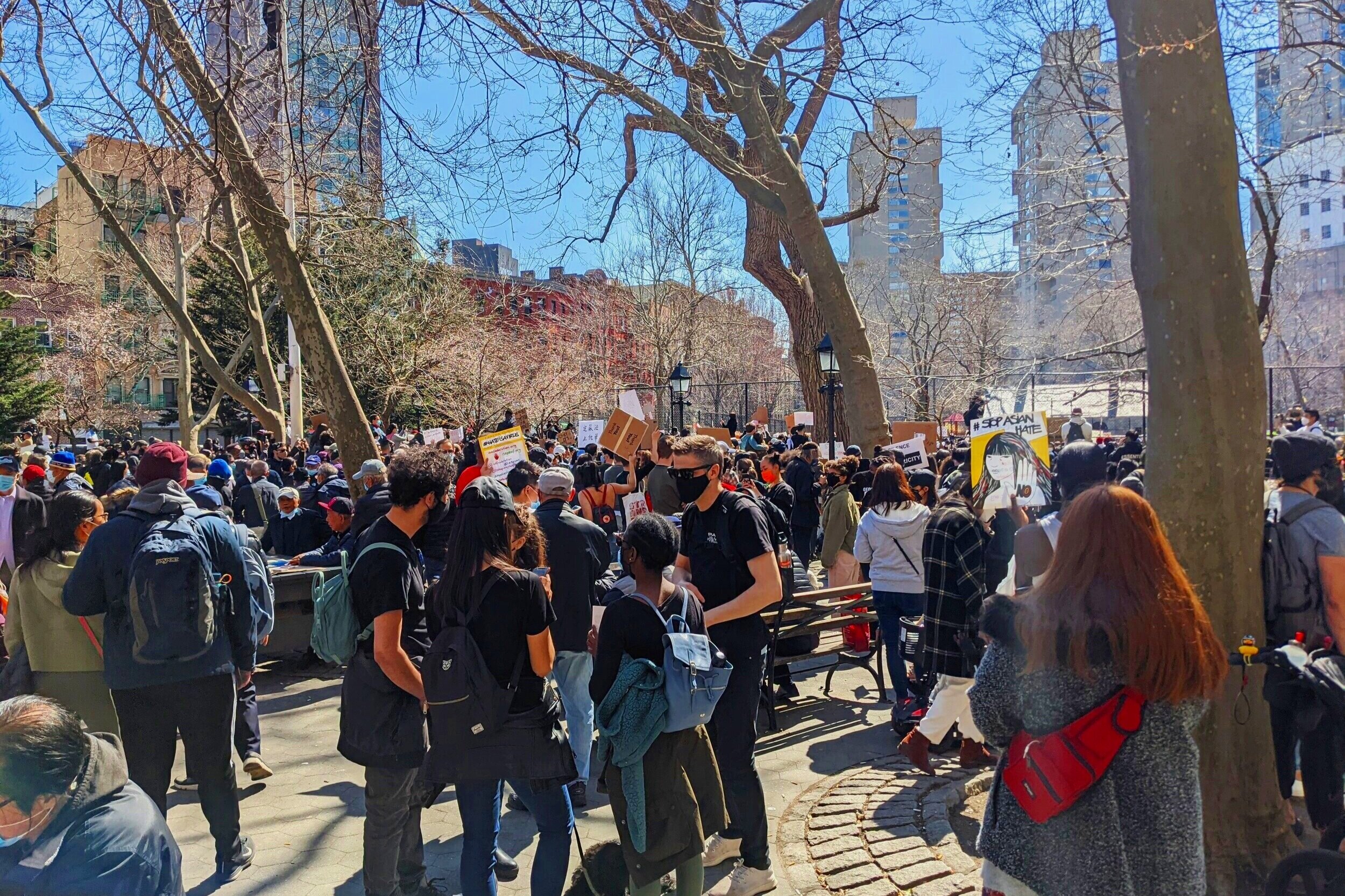friday five 2.24.17

FRIDAY, FEBRUARY 24TH
1. 75 years later, looking back at the times’ shameful response to the japanese internment
This is progress. This does a remarkable job of acknowledging its own faults and the attitudes of the time period, without trivializing it. It reminds me a lot of this. Thanks to my friend Myra for sharing the original article.
2. today’s feminism: too much marketing, not enough reality
I absolutely hate modern feminism, and I’ll probably write a post on it soon, but this woman articulates its problems much better than I ever could. And I’m always conflicted about approaching this, because I honestly do support feminism and universal accessibility/inclusion. But like a lot of contemporary activism, much of feminism has become about public displays of awareness, rather than genuine efforts to understand and empathize. Feminism is a complex, intersectional topic. It’s so much more than man-hating or supporting other women at any cost (à la the self-pitying, self-centered brand of white feminism that is Taylor Swift’s claim to fame)(edit: Exhibit A).
And one thing I’ve noticed that anti-liberals (I’m hesitant to group these far-right people in with conservatives) say a lot is “you deserve respect as a person, not a group.” But it’s really easy to say that identity politics don’t matter when you are in the majority. When you’ve never been marginalized in your life, of course it doesn’t seem reasonable that other people should get “special treatment” or “extra help.” But what these people don't understand is that minorities are systemically discriminated against, and while it’s ideal to say that everyone should compete on an equal playing field, the reality is that the playing field is inherently unequal. And to be able to ignore this is privilege.
3. indivisible: a practical guide for resisting the trump agenda
I admit I’ve only read part of this, but this is an awesomely comprehensive and useful resource for people looking to make a difference in the political system. It’s easy to feel discouraged by the confines of bureaucracy, when most contributions feel like mere drops in the ocean, but many people have found ways of effecting change on a local level, which is what this document seeks to foster.
4. these colleges are better than harvard at making poor kids rich
I think “upward social mobility” is the key here, and it’s a largely ignored factor in success rates. But I like that these colleges are focusing on promoting social good rather than personal profit, by accepting larger numbers of disadvantaged kids and implementing programs that actually provide resources for upward social mobility. It’s great when kids from good backgrounds succeed, but it’s even more impressive when kids from disadvantaged backgrounds overcome adversity to succeed.
5. the culture of nastiness
It’s easy to mistake disagreement for dislike, but in fact these are two entirely separate entities, and it is a necessary part of any productive argument to keep them as such. I think this says it all: “[The president] is less enabler in chief than a symptom of a free-for-all environment that prizes cutting smears.” And we should be so careful not to normalize what the author calls “casual cruelty,” or we become a reflection of the very societal sickness that we publicly detest.

HAPPENING MEOW




























